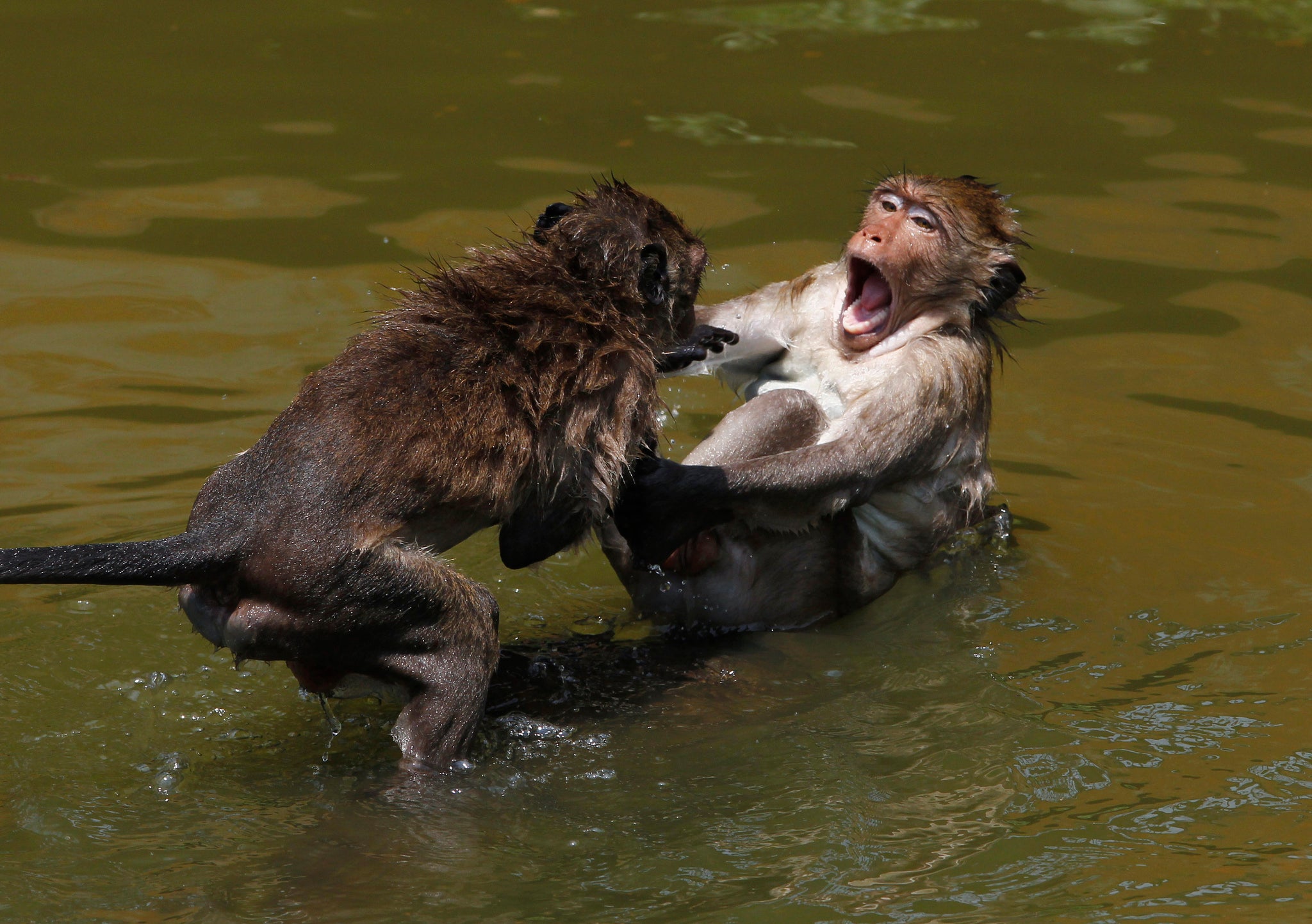Be nice. Evolution will punish you if you’re mean and selfish, says study
Selfish people have short-term advantage, but co-operation and communication win out in the long term

Your support helps us to tell the story
From reproductive rights to climate change to Big Tech, The Independent is on the ground when the story is developing. Whether it's investigating the financials of Elon Musk's pro-Trump PAC or producing our latest documentary, 'The A Word', which shines a light on the American women fighting for reproductive rights, we know how important it is to parse out the facts from the messaging.
At such a critical moment in US history, we need reporters on the ground. Your donation allows us to keep sending journalists to speak to both sides of the story.
The Independent is trusted by Americans across the entire political spectrum. And unlike many other quality news outlets, we choose not to lock Americans out of our reporting and analysis with paywalls. We believe quality journalism should be available to everyone, paid for by those who can afford it.
Your support makes all the difference.New research has challenged the notion that evolution favours self-interest above co-operation, suggesting instead that selfish individuals eventually ‘compete each other out of existence’.
The study, published in the journal Nature, used models of evolutionary game theory (EGT) to show how co-operative populations are more successful than selfish ones in the long run.
Researchers used computers to play through vast numbers of “games” simulating scenarios of co-operation and betrayal. By tweaking the strategies of the virtual players they were then able to compare which behaviours resulted in survival.
The study pitched players following so-called “zero determinant” strategies (those who acted selfishly) against others taking more benevolent approaches. While the selfish strategists enjoyed a brief advantage, opponents eventually came to recognise and overcome selfish individuals.
“Communication is critical for cooperation – we think communication is the reason co-operation occurs,” said Christoph Adami, a professor at Michigan State University and the lead author of the paper. “In an evolutionary setting, with populations of strategies, you need extra information to distinguish each other.
“We found evolution will punish you if you’re selfish and mean. For a short time and against a specific set of opponents, some selfish organisms may come out ahead. But selfishness isn’t evolutionarily sustainable.”
Much of what we understand about the working of selfish and selfless behaviour in society comes from game theory, a branch of mathematics concerned with decision making. It was developed throughout the middle of the 20th century but came to prominence first through the works of John Nash and then as a guiding political ideology during the cold war.
One of game theory’s most infamous studies is the “prisoner’s dilemma”, a hypothetical scenario where two prisoners are offered their freedom if they inform on the other. Under Nash’s explanation it seemed to show that individuals should pursue their own interests because they cannot predict how others will act.
The problem with such examples is that they are abstract and theoretical – they don’t take into account the many nuances of real-world scenarios where individuals have the opportunity to gauge how trustworthy others are, discuss their options, and also evaluate other people’s past behaviour.
Despite the apparent humane message of the findings of the new research, they do not contradict the concept of the “selfish gene” – the theory that living organisms exist only to propagate their genetic material.
Instead, the findings may complement it, as co-operative behaviour benefits whole species and thus the existence of a wider gene pool. Co-operation within a group does not preclude selfishness outside of it.
Join our commenting forum
Join thought-provoking conversations, follow other Independent readers and see their replies
Comments